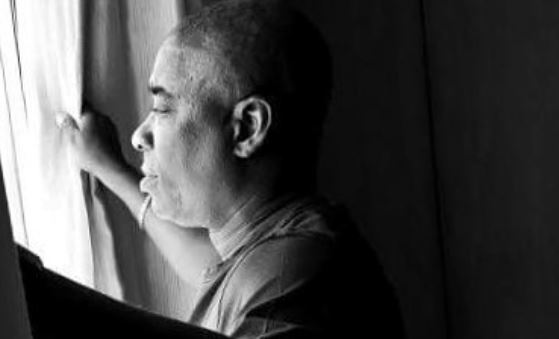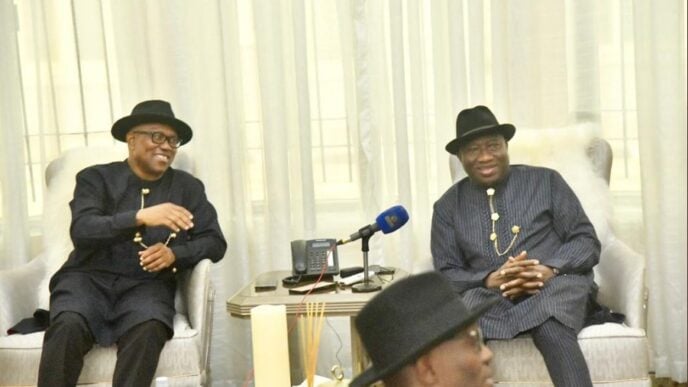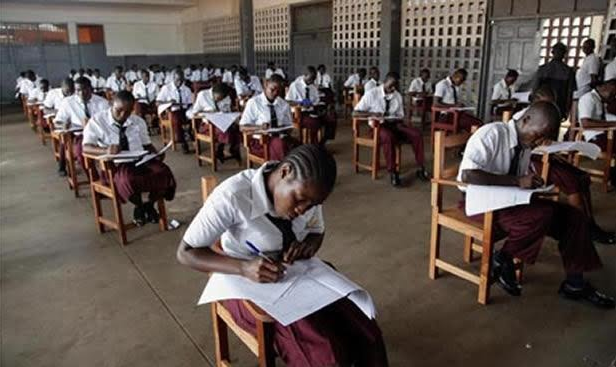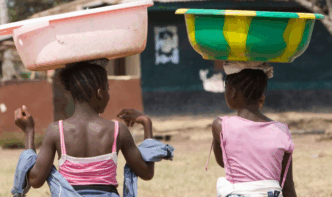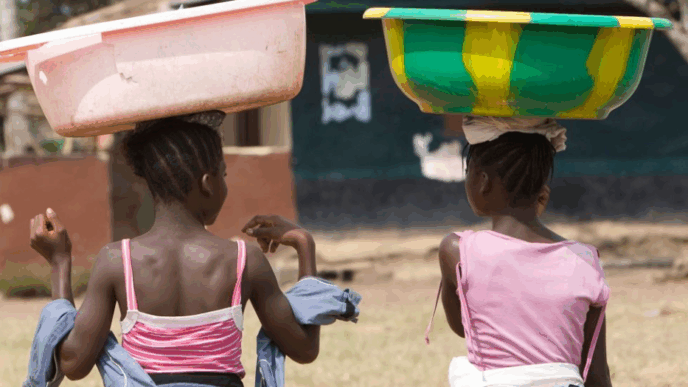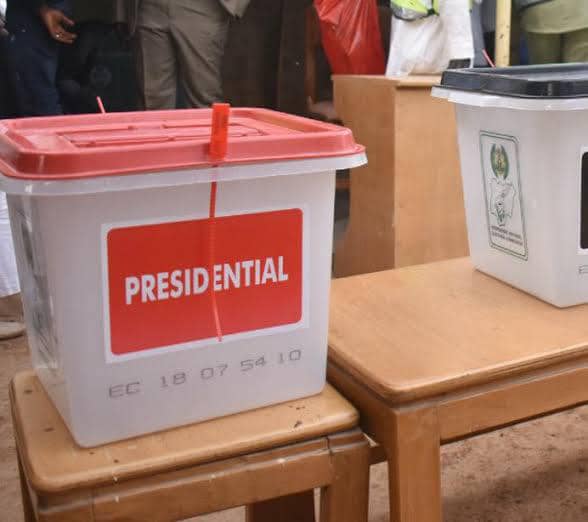BY FOLORUNSO FATAI ADISA
At Nnamdi Azikwe Airport, Abuja, a drama unfolded that rippled far beyond the tarmac. It involved Wasiu Ayinde Anifowose, famously known as K1 De Ultimate. The story began stark and unsettling, with a seemingly innocuous flask. K1 claimed it contained water prescribed by his physician, filled at the VIP lounge. But suspicion gripped security officials. Denied boarding, K1’s frustration boiled over. He blocked the aircraft’s movement. What followed was no mere scuffle but a near tragedy: Captain Oluranti Ogoyi, caught between alarm and anger, taxied the plane off the tarmac with K1 and ground staff perilously close to the wing.
Social media exploded, fires blazed in every direction. Calls for K1’s head competed with defences of his actions. The nation is divided, predictable, yet poignant.
First, K1 erred gravely. Blocking a flight is reckless, suicidal folly, unbecoming of an elder and cultural icon. Anger is human, but wisdom demands restraint. Had K1 chosen to navigate the crisis through legal channels and wielded his formidable influence calmly, chaos could have been averted.
Advertisement
Second, the captain’s response was equally flawed. Her decision was steeped in unprofessionalism, endangering lives. A different aircraft, say, a Boeing or Airbus with engines beneath the wings, might have turned this episode into a tragedy. But what chills most is the thought of a pilot steering a plane fueled by rage.
Third, the incident exposes cracks in our aviation infrastructure and security protocols. A jet bridge, absent that day, would have prevented such dangerous proximity and confrontation. Where were the security operatives tasked with managing this tense moment? The circulating video reveals glaring neglect.
Fourth, praise is due to Aviation Minister Festus Keyamo, whose swift intervention struck a balance of justice and equity. The Federal Airports Authority and the Nigeria Civil Aviation Authority suspended the captain’s license while placing K1 on a six-month no-fly list. This impartial action signals a nation inching toward fairness, refusing to pick sides.
Advertisement
Fifth, K1’s public apology is a testament to his understanding of social responsibility. Holding a press conference and issuing a heartfelt statement, he placed peace above pride, an example for all citizens on humility and decorum.
Sadly, despite this apology, voices of dissent persist, louder and harsher. This reveals a darker facet of our collective psyche, the “pull-him-down syndrome.” Some thrive on others’ downfall, joying in shattered reputations and erased relevance. These predators lurk everywhere (friends, family, colleagues), waiting for a moment to strike.
To such critics, I offer this timeless Yoruba adage: “Ẹni k’oole duro, o duro; ẹni koju ti ọwọ rẹ silẹ, o jusilẹ. Kilotun ku, s’ẹẹfẹ pa ni?” Those who remain displeased despite repentance carry bitterness and agendas that speak to questionable character.
In the final reckoning, wisdom endures: to err is human; to forgive, divine. Quick to cast stones, are we willing to hold the mirror up to ourselves? This incident is not just about one man’s misstep or one pilot’s poor judgment; it reflects who we are and who we aspire to become. Will we rise above the cycle of blame and rancour, or remain prisoners to division and disdain? The choice is ours, and history will be the judge. What legacy do you want to write with your voice?
Advertisement
Folorunso Fatai Adisa is a writer, communication specialist, and media scholar. He holds a master’s degree in media and communication from the University of Strathclyde, Glasgow. He writes from the United Kingdom. He can be contacted via [email protected]
Views expressed by contributors are strictly personal and not of TheCable.
